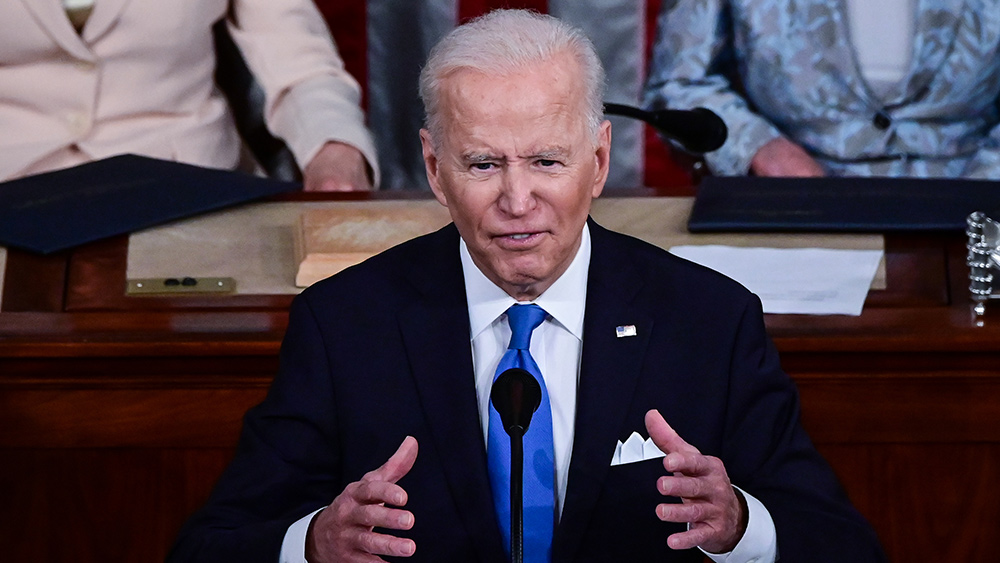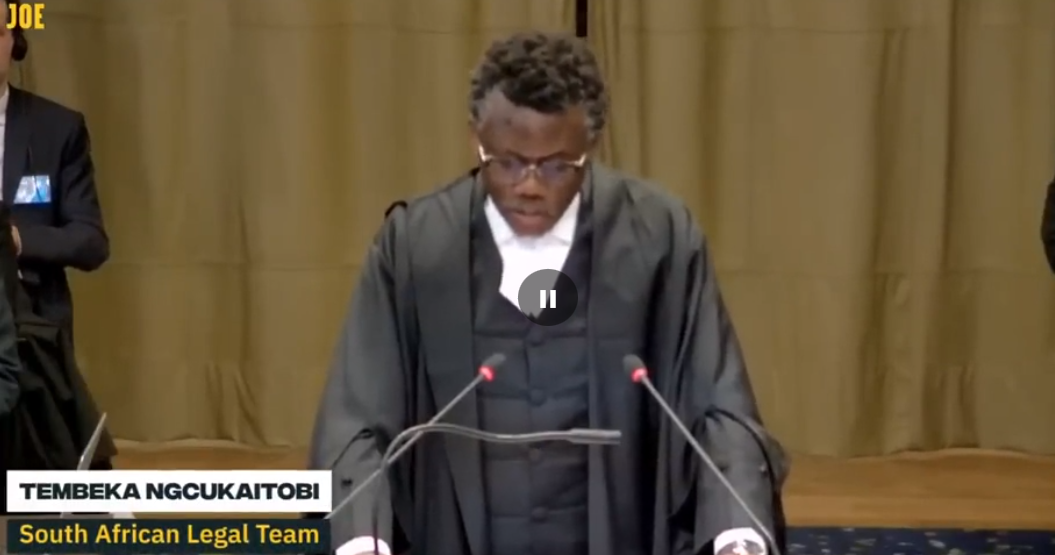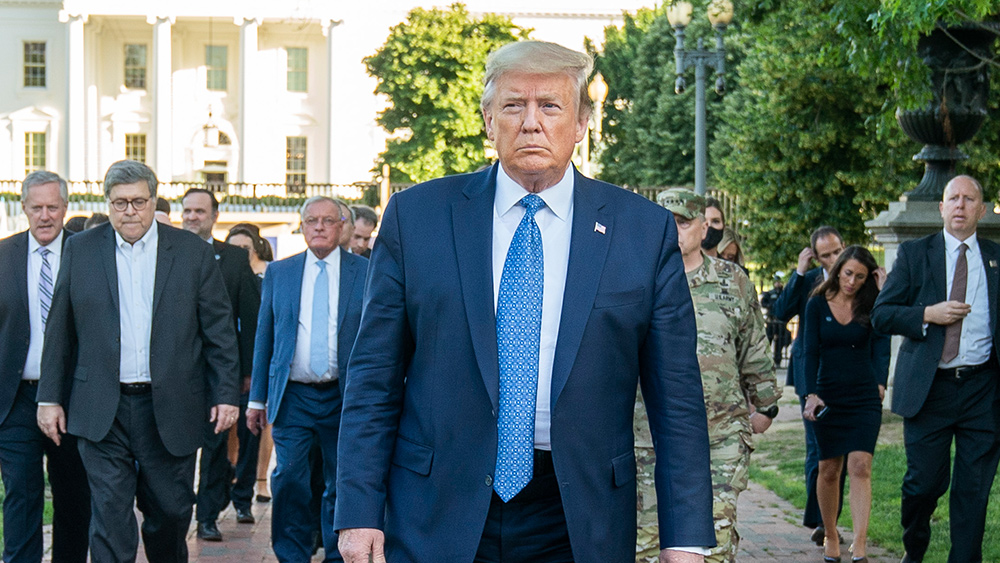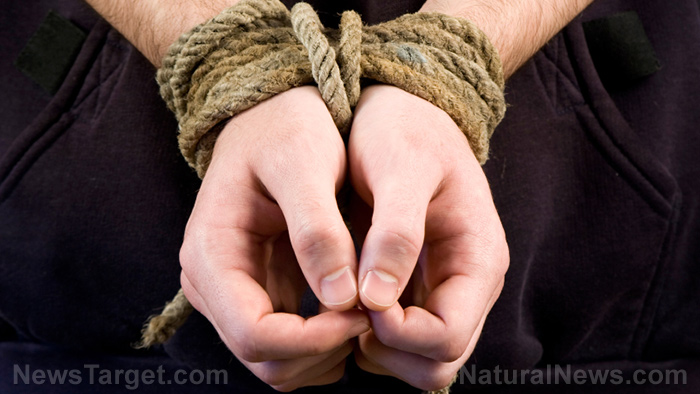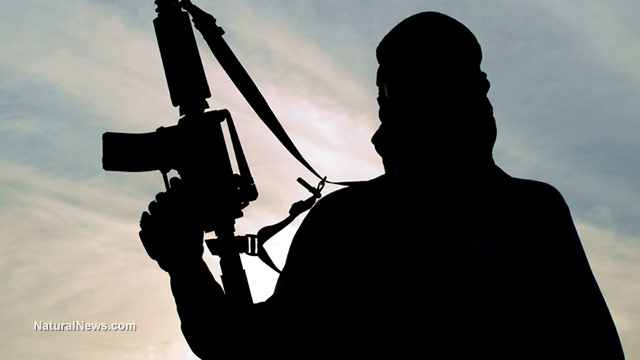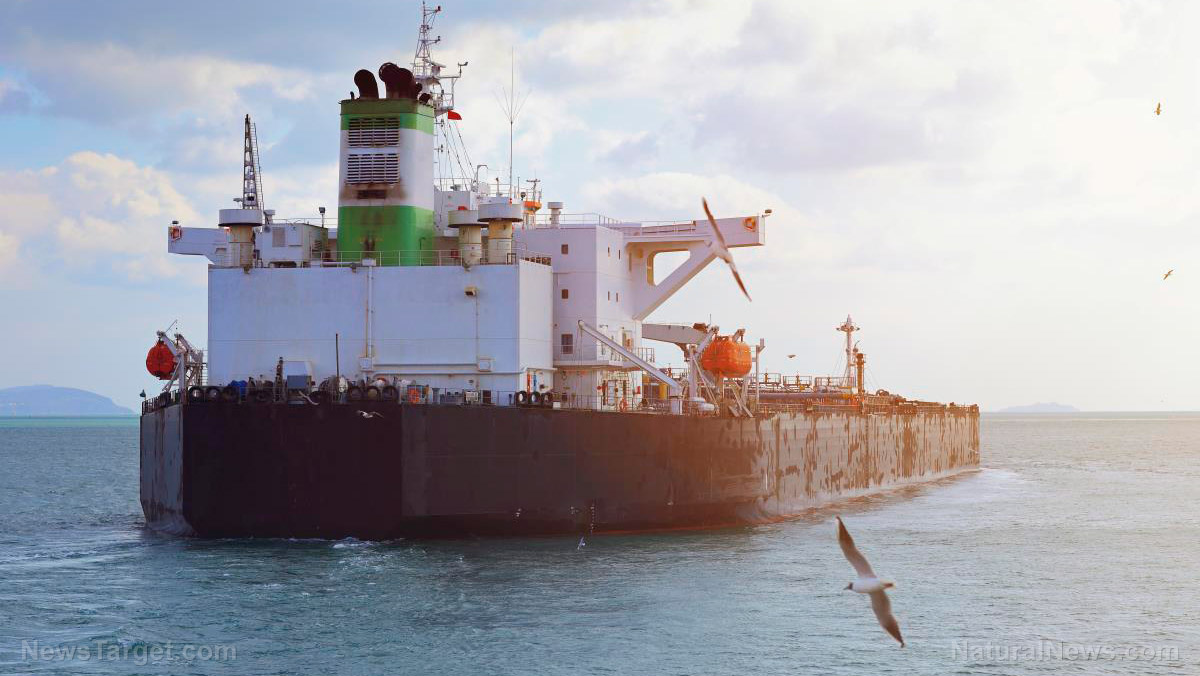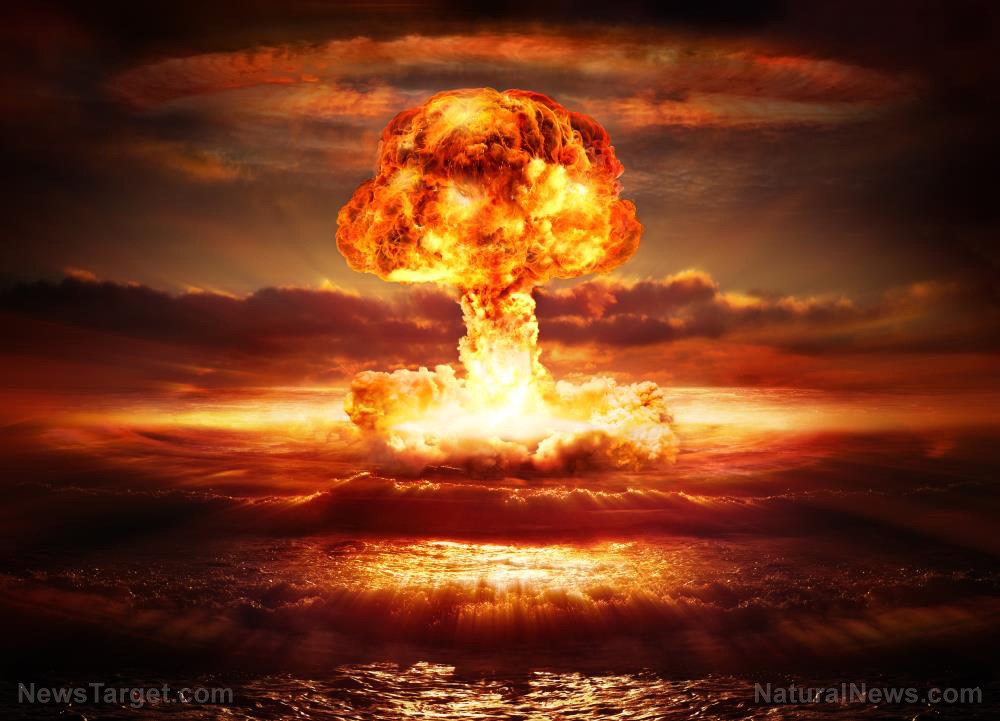French FM: Russia to control 30% of worldwide wheat exports if Ukraine loses the war
01/29/2024 / By Belle Carter

France’s new Foreign Minister Stephane Sejourne said he expects France to face spiraling inflation and a food crisis if Ukraine is defeated in its war with Russia.
Sejourne boldly expressed his predictions over the weekend in an interview with Le Parisien, where he added that in this scenario, Russia could take control over nearly a third of global wheat exports. “If Ukraine loses, 30 percent of world exports will fall under Russian control, putting French wheat under threat on international markets,” he said, adding that financial aid is highly important for Ukraine’s President Vladimir Zelensky, as he “needs to show his people that he is still supported.”
The Black Sea Grain Initiative, a deal brokered between Russia and Ukraine by the United Nations and Turkey, has allowed 32.9 million metric tons of food to be exported from war-torn Ukraine since August. But the wartime accord, which had been extended several times, was terminated in July 2023. Because of this, Ukrainian producers had to export grain through the territories of neighboring states. Back in 2022, the European Union (EU) suspended tariffs on Ukrainian exports in a bid to financially support Kyiv. As a result, the major influx of cheap grain from Ukraine left EU farmers unable to compete with the low prices of imported goods. These prompted protests by agricultural producers all over the continent over the influx of low-cost Ukrainian produce into the 27-nation bloc. (Related: Russia terminates Black Sea grains deal amid escalating tension with Ukraine.)
Then in 2023, Polish farmers blocked border crossings with Ukraine on several occasions over the issue. Earlier in January, they restarted a blockade of a Poland-Ukraine border crossing, accusing the new Polish government of failing to guarantee it will meet their demands for financial help. Prime Minister Donald Tusk needed to defuse the protests while not angering the transport and farming lobbies, all while ensuring that Kyiv gets material and political support to resist Russia’s war of aggression.
The said crisis also forced Brussels to impose a ban on Ukrainian grain imports in May 2023, which it unilaterally lifted in September. Poland, Hungary, Slovakia and Romania likewise immediately reinstated the restrictions on the national level, prompting Ukraine to file a now-suspended complaint with the World Trade Organization. Bulgaria, which refused to join the four nations and reinstate the restrictions, was also gripped by farmers’ protests in September 2023.
Sejourne vows more Ukrainian support during Kyiv visit
On his first out-of-the-country official trip, the French foreign minister assured Zelensky’s government that France would continue to support Ukraine. Sejourne emphasized that Ukraine was his first destination since his nomination in a government reshuffle this week. “Ukraine is and will remain France’s priority,” he said. “The defense of the fundamental principles of international law is being played out in Ukraine.”
He had a joint news conference with his counterpart, Ukraine’s Foreign Minister Dmytro Kuleba, where the French minister reiterated his government’s pledges of support for Kyiv “as long as necessary.” “Russia is hoping that Ukraine and its supporters will tire before it does. We will not weaken. That is the message that I am carrying here to the Ukrainians. Our determination is intact,” Sejourne added. The ministers took no questions during the conference.
Observers have noted that the French minister did not announce additional weapon deliveries. Sejourne said, though, that a French defense fund to enable Ukraine to buy armaments also got fresh funding in recent weeks. However, he did not specify the amount.
France is also working to overcome objections from Hungary to supply EU financial aid to Ukraine, needed to fund essential public services and reconstruction. The minister also said that France would use “all of its weight” to try to unblock the EU aid package at an upcoming summit in early February. At this point, Kuleba thanked him for not being deterred from visiting by “another massive Russian strike.”
Additionally, Sejourne stated that some Russian missiles were found to have Western-made components. “According to a recent report by the Kyiv School of Economics and Yermak McFaul’s group, 44 percent of all electronic components in Russia’s weapons are developed by Western companies,” he said, calling on the Group of Seven and the European Union to “take decisive measures to block the supply of goods containing these components to Russia.”
Check out WheatWar.com for more stories similar to this.
Sources for this article include:
Submit a correction >>
Tagged Under:
agriculture, big government, Black Sea Grain Initiative, chaos, Collapse, conspiracy, European farmers, food collapse, food crisis, food exports, food scarcity, food supply, foreign relations, France, grain exports, import bans, Russia, supply chain, Ukraine, wheat export, world agriculture, WWIII
This article may contain statements that reflect the opinion of the author
RECENT NEWS & ARTICLES
COPYRIGHT © 2017 WWIII NEWS

